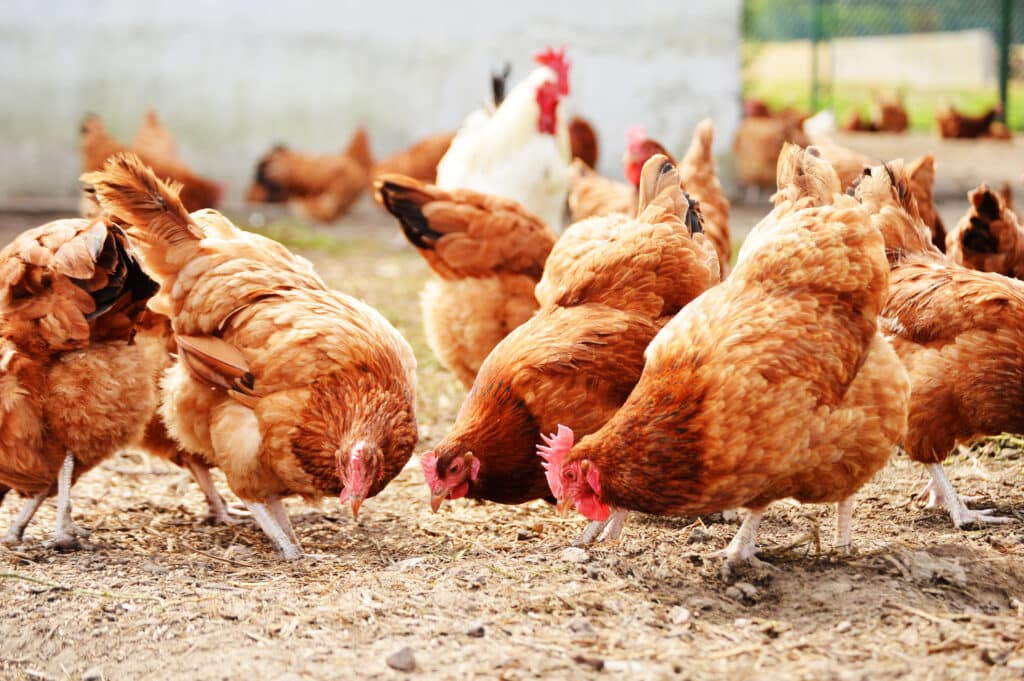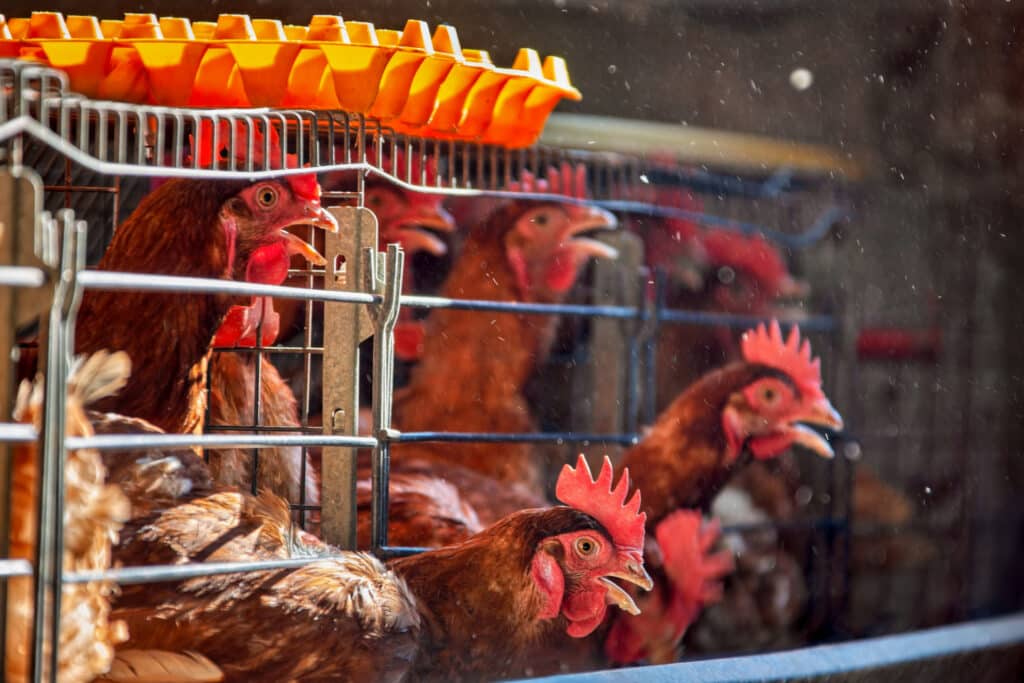Exploring the Microbial Side of US–UK Food Trade
Tariffs don’t usually make the average person think about microbes. But in the food manufacturing and recall insurance sectors, they should. From chlorinated chicken to differences in antimicrobial use, the knock-on effects of trade policies go far beyond the price at the checkout. Following the announcement of a UK/US trade deal, now it’s maybe the time to think less about politics and more about pathogens?
What’s Actually on the Table?
While a full US–UK trade deal remains elusive, agricultural access is a persistent subplot[1]. Tariffs (or the removal / reduction of them) could open the door to cheaper imports of key ingredients: poultry, grains, sweeteners, processed foods, and more. But cost isn’t the only variable. Changes in tariffs can subtly shift sourcing priorities, placing new pressures on food safety systems.
For manufacturers, lower tariffs can make new regions look attractive overnight. For insurers, that means new variables in risk exposure: unfamiliar supply chains, less familiar standards, and potentially increased recall potential.

Chicken Wars: Chlorination vs Campylobacter
US chicken is often covered in controversy in the UK media, but the microbial argument behind chlorine washing isn’t without merit. In the US, antimicrobial washes (like chlorine or peracetic acid) are used post-slaughter to reduce pathogens like Salmonella and Campylobacter. UK politicians say chlorine-washed chicken is not part of the trade deal. In contrast, the UK and EU rely on a ‘farm-to-fork’ hygiene model, focusing more heavily on controls earlier in the production chain.
So who wins on safety? It depends where you look. While antimicrobial rinses can be effective, some have concerns over them being a “band-aid” for poor welfare or processing practices. From a perception standpoint, UK consumers remain largely unconvinced. However, despite the farm to fork approach, Campylobacter still remains a real risk and maintains a prevalence in our UK supply chain and retail establishments. Enough so that the UK FSA still publish articles instructing good hygiene and cooking practises in the home.[2]
What About the Bugs?
Naturally, tariffs won’t cause a microbial shift by themselves, but sourcing changes might. New farms mean new flora. Different water sources, handling practices, and regional pathogens could all alter the microbial landscape.
Manufacturers may face unfamiliar strains, unexpected spoilage profiles, or changes in resistance genes. In the US, for instance, antimicrobial use patterns differ from the UK’s, potentially influencing the development of antimicrobial resistance (AMR[3]) in the food chain.
Environmental Cost: Miles vs Microbes
It’s not just what the food is, it’s also how far it comes. Long cold chains and complex logistics increase the time and handling steps that can affect microbial quality. Tariff shifts that favour distant suppliers (e.g. US over EU) bring with them higher carbon emissions, longer transit times, and the microbial risks that come with extended refrigeration or packaging breakdown.
Food safety mechanics and preservation strategies in countries with long supply chains are, naturally, very different to those with short chains. Each country’s consumer group will be accustomed to a specific type of product as a result i.e. US use a lot of retorted, vac-packed and long-life style products versus the UK with short-shelf life, chilled equivalents. These can be notably different when it comes to the organoleptic qualities and can massively impact purchasing metrics.

Animal Welfare & Regulatory Philosophies
One reason the chlorinated chicken debate won’t go away is that it symbolises deeper differences in food culture. The UK and EU often enshrine animal welfare in law, while US standards lean more on end-product testing (inspections and signs of injury e.g. hock burn or bruising in carcass meat or increased chemical residues, stress-indicators) and outcomes. Neither system is inherently safer by absolute design but they measure, monitor, and manage risk differently.
This divergence creates complexity for manufacturers who operate across borders, and for insurers trying to interpret what “compliance” really means when the frameworks don’t align.
What Could Shift for UK Manufacturers?
If tariffs make certain US products more appealing, UK food businesses may:
- Reassess their supply chains
- Request more detailed specifications
- Increase product or environmental testing
- Review audit depth for new suppliers
- Build more flexibility into HACCP and risk management plans
- Adapt product, process parameters, and change preservation strategies
This doesn’t just apply to meat or eggs. Even composite foods, herbs, grains, and sweeteners can introduce subtle new risks.
The Balancing Act: Politics, Pragmatism and Pathogens
With elections ever looming and increasing political unrest and a general increasing mistrust in both the UK and US political systems, big trade headlines may be thin on the ground. However, sector-specific agreements are still in play. For manufacturers and insurers, now is the time to plan for incremental change: a new supplier here, a spec tweak there, a slightly longer route to the depot. Whatever action is taken should be fully risk assessed considering all aspects of the business and not just a knee jerk reaction to what may be short / medium term trade volatility but could also be a new long term trading landscape.
Food safety isn’t static, and neither is trade. Tariffs might be set by politicians, but the microbial consequences play out on production lines, in cold stores, and on lab benches.
Final Thought
Whether it’s chlorinated chicken or heritage hen, one thing is clear: the food industry can’t afford to treat tariff changes as someone else’s problem. Bugs don’t check customs paperwork and neither do recalls. As I always say, testing is merely a monitor and not a control, it is the controls that count and being prepared here is key!
[1] Fact Sheet: U.S.-UK Reach Historic Trade Deal – The White House
[2] Campylobacter | Food Standards Agency
[3] Antimicrobial resistance: Impacts, challenges, and future prospects – ScienceDirect
